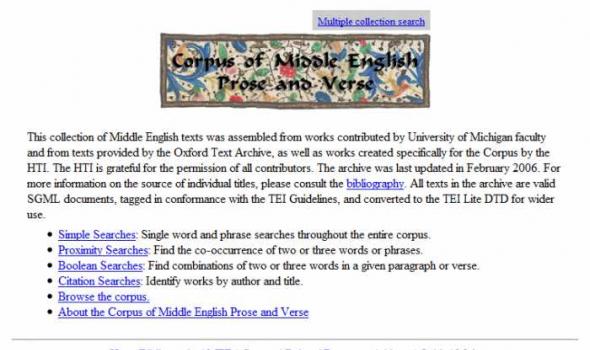Category: Image, English, Modern art, Connecticut
Results
A writer, social activist, and arts aficionado, Mabel Dodge Luhan is celebrated less for her artistic accomplishments than for her key role in building artistic communities, supporting artists, and generating interest in modern art forms. A Buffalo, New York, native, she lived at the turn of the twentieth century in Florence, Italy, where she was a prominent figure among American expatriates and visitors that included Gertrude Stein, Carl Van Vechten, and Hutchins and Neith Boyce Hapgood. Returning to the United States in the 1910s, Mabel Dodge settled in Greenwich Village, where she helped organize the groundbreaking Armory show of Postimpressionist art and hosted perhaps the most important New York City salon of the period.
Katherine S. Dreier Papers / Société Anonyme Archive Artist and collector Katherine Dreier joined Marcel Duchamp and Man Ray to found the Société Anonyme, an organization designed to support and generate awareness of modernist art; the group’s name, a French phrase meaning “incorporated,” highlighted the fact that the organization was not allied with any particular artistic school. The Société Anonyme promoted new artists by arranging exhibitions to introduce audiences to their work and develop their reputations among galleries and collectors. Critics praised the Société Anonyme for its commitment to new artists and its inclusion of their work in exhibits and catalogs. Dreier played an essential role in generating American interest in and acceptance of modern art.
The Elizabeth Jenks Clark Collection of Margaret Anderson contains correspondence, writings, photographs, sound recordings, and other papers of writer and editor Margaret Anderson. The material documents Anderson's life, work, and personal relationships with many noted writers, poets, artists, photographers and performers of the twentieth century, in particular her romantic relationships with co-editor and writer Jane Heap, writer Solita Solano and close friendship with sculptor Elizabeth Jenks Clark. The papers span the entirety of Anderson's life, though the bulk of them document her personal and professional life after the Little Review .






















